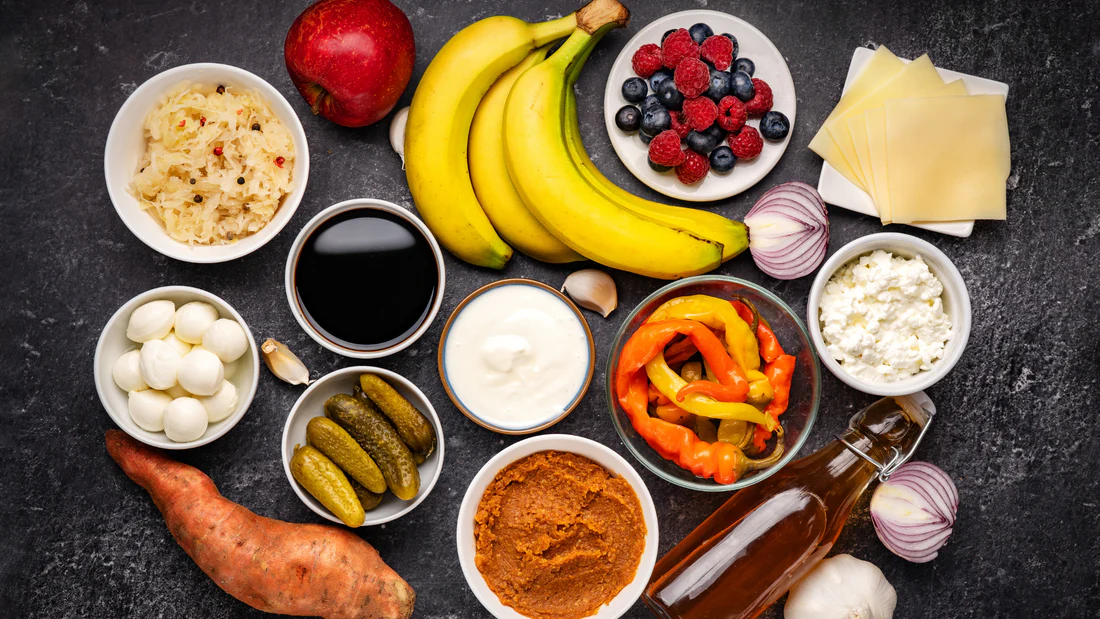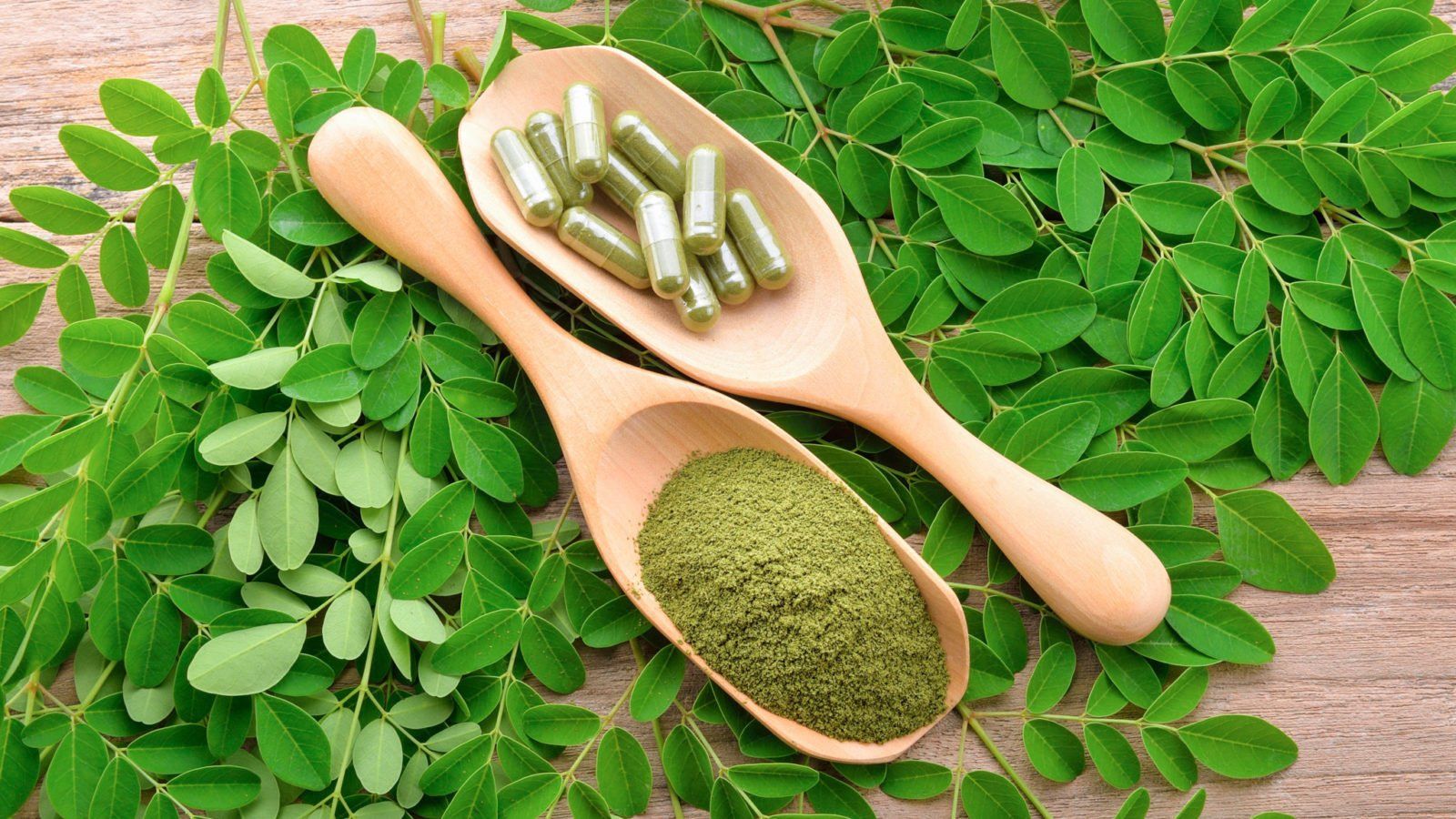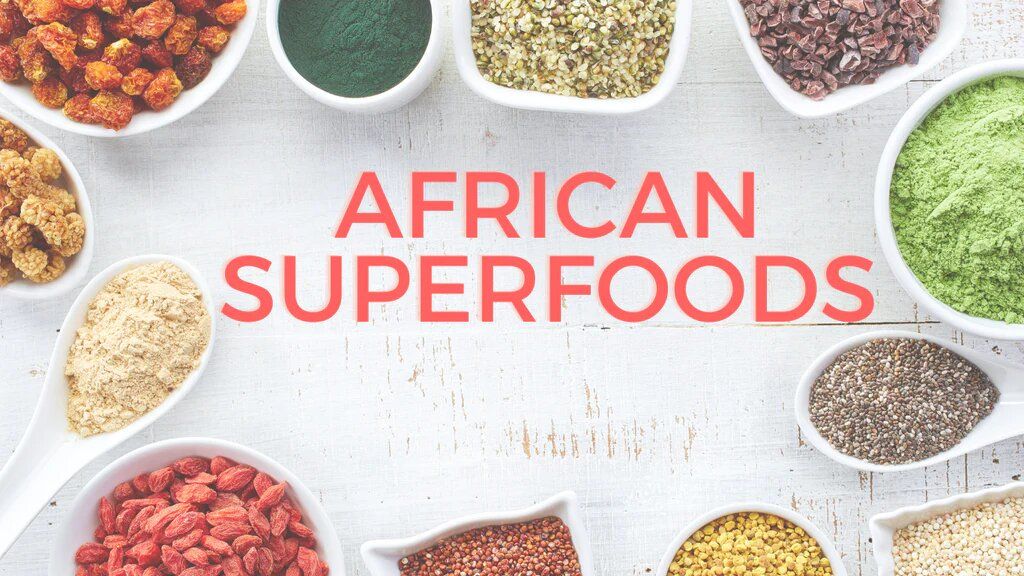Gut Health Heroes: 5 Surprisingly Delicious Foods to Rebalance Your Microbiome!
In the vast universe of nutritional wellness the microbiome stands out as a galaxy of its own teeming with life that significantly influences our health. As the awareness around the importance of gut health ascends the quest for microbiome rebalance becomes a focal point for those seeking to enhance their overall well-being. But how can one navigate the complex cosmos of digestive wellness with ease? The answer lies in the delightful discovery of gut health foods that are not only beneficial for your microbiome but are also surprisingly delicious. Let’s embark on a culinary journey that promises to boost your gut health while tantalizing your taste buds.
1. Sauerkraut: A Tangy Treasure Trove of Probiotics
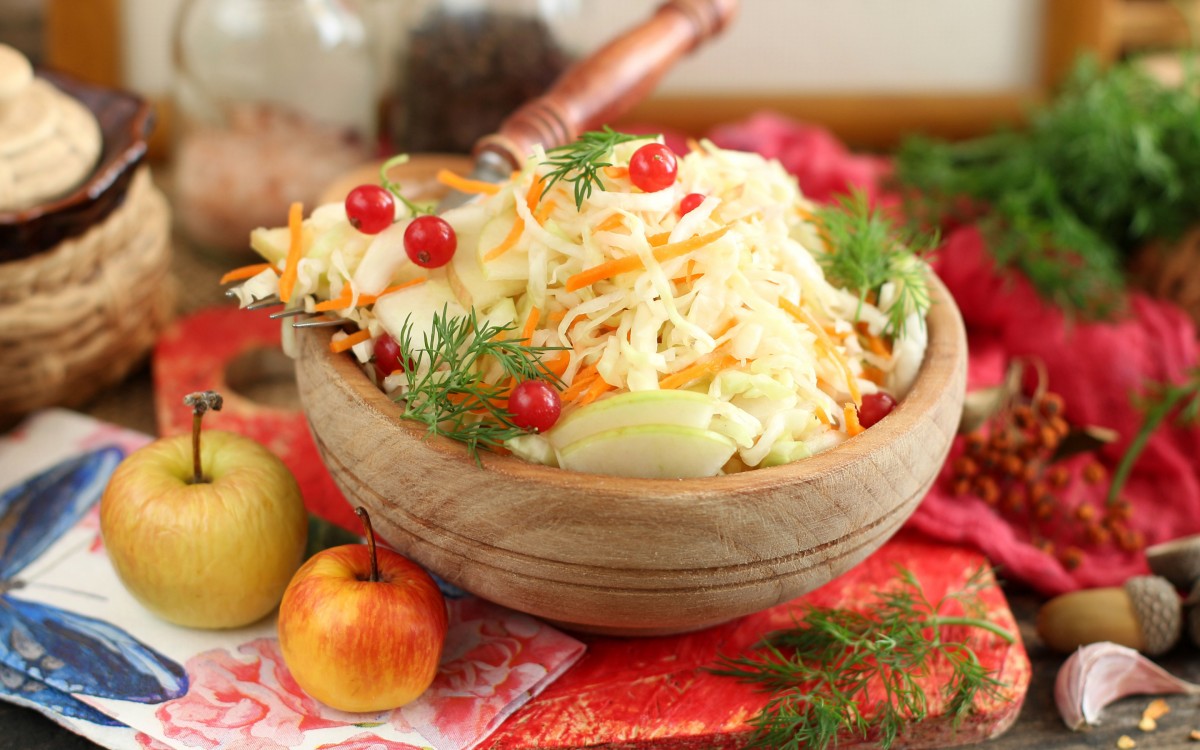
Often overshadowed by its common presence alongside hot dogs sauerkraut is a fermented cabbage marvel that packs a powerful punch of probiotics. This tangy treat is a traditional German dish that has been celebrated for centuries not just for its distinctive flavor but also for its gut health enhancing properties. Rich in lactobacilli a bacteria beneficial for your digestive tract sauerkraut can help rebalance your microbiome improving digestion and boosting immunity. Incorporating this crunchy condiment into your diet is not only a journey for your taste buds but a boon for your gut health.
2. Kefir: The Smooth Superfood
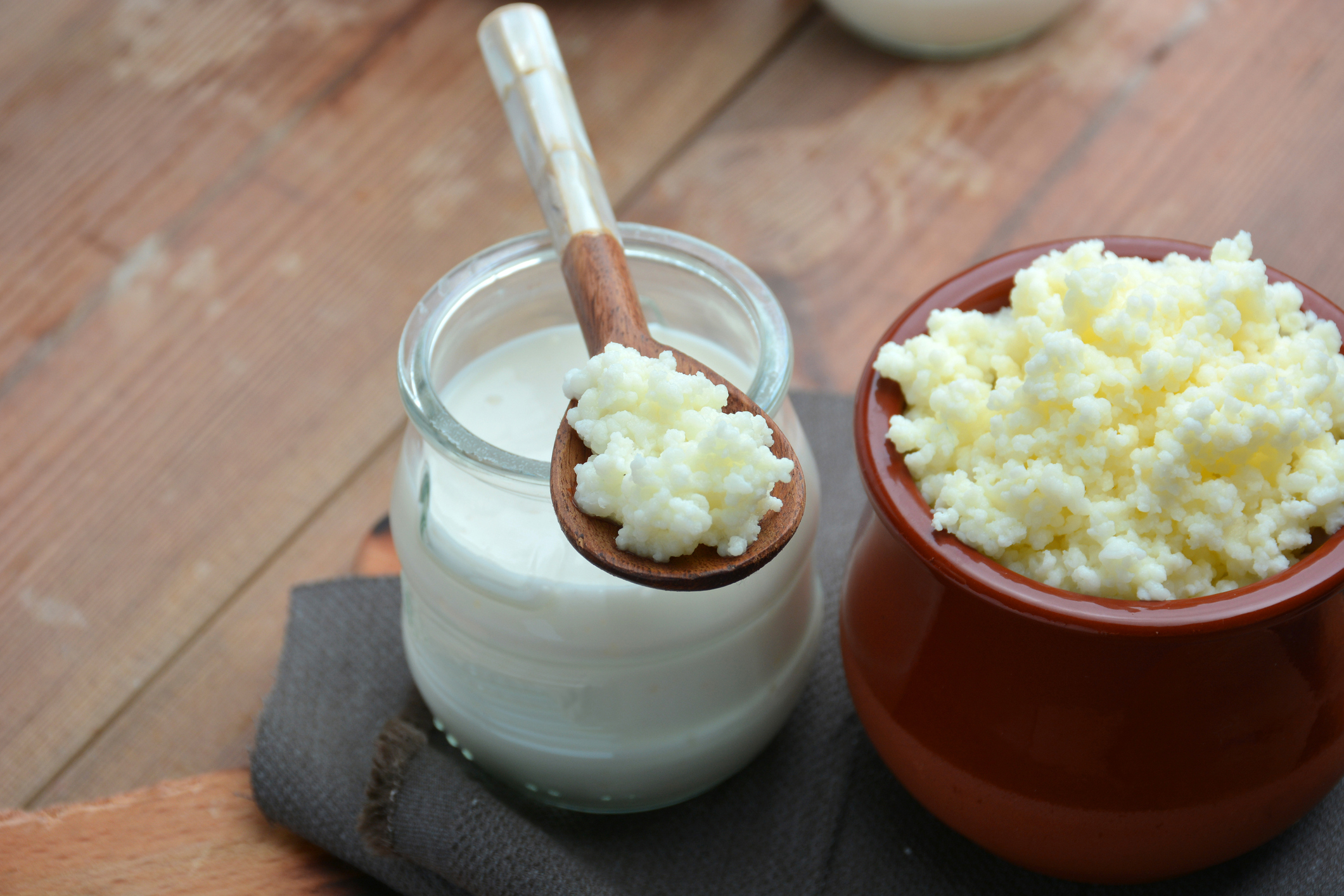
Kefir a creamy fermented milk drink similar to yogurt but with a thinner consistency is hailed for its digestive wellness capabilities. Originating from the Caucasus Mountains this delicious probiotic beverage is teeming with various strains of beneficial bacteria and yeasts making it a microbiome boosting powerhouse. Its tangy slightly sour taste coupled with its smooth texture makes kefir a versatile ingredient in smoothies salad dressings or simply enjoyed on its own. For those lactose intolerant individuals fear not as the fermentation process breaks down much of the lactose found in milk making kefir a gut-friendly option.
3. Kimchi: A Spicy Ferment of Flavors
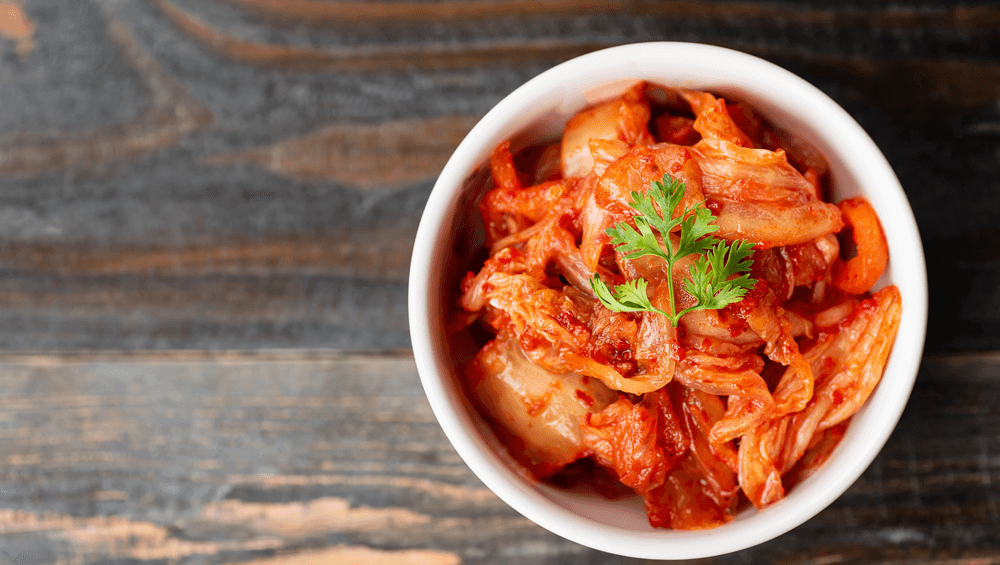
Kimchi a staple in Korean cuisine is a spicy fermented vegetable mix that offers a complex flavor profile along with a host of microbiome-friendly benefits. This delicious probiotic is typically made from cabbage and radishes seasoned with chili peppers garlic ginger and a variety of spices offering a unique blend of heat tang and umami. The fermentation process not only enhances its flavor but also encourages the growth of beneficial bacteria contributing to a healthy gut flora. Adding kimchi to your diet can be an adventurous way to boost your microbiome while indulging in the rich flavors of Korean culinary tradition.
4. Miso: The Umami-packed Probiotic Paste

Miso a staple in Japanese cuisine is a paste made from fermented soybeans that offers a rich savory umami flavor. This microbiome boosting food is abundant in beneficial bacteria thanks to its fermentation process which can help improve digestion and enhance gut health. Miso's versatility in cooking is unparalleled; it can be used in soups marinades dressings and even in some desserts. Its ability to add depth and flavor to dishes while promoting gut health makes miso an invaluable ingredient in the quest for digestive wellness.
5. Tempeh: The Fermented Soy Sensation
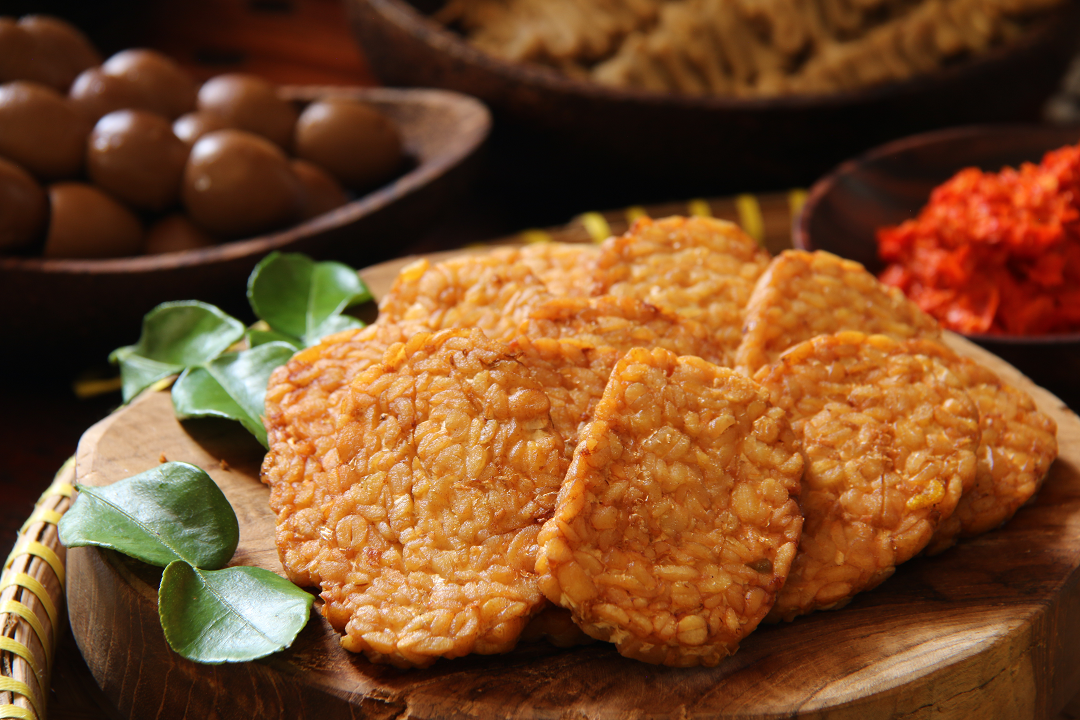
Tempeh originating from Indonesia is a fermented soy product known for its nutty flavor and substantial texture. It is a fantastic source of protein vitamins and most importantly probiotics. The fermentation process not only makes the nutrients in soybeans more digestible but also enriches tempeh with beneficial bacteria that support gut health. Its firm texture and versatility make it an excellent meat substitute in various recipes offering a delicious way to boost your microbiome while keeping your meals interesting and nutritious.
What Chemical Composition In Food Boost Rebalances Your Microbiome?
Venturing deeper into the science of gut health it becomes clear that the magic lies in the presence of live microorganisms known as probiotics and prebiotics which serve as food for these probiotics. Foods rich in these components not only support the growth of beneficial bacteria but also help in the suppression of harmful bacteria leading to a well-balanced microbiome. Fermented foods like the ones listed above are particularly rich in probiotics due to the fermentation process while fibers found in various fruits vegetables and whole grains act as prebiotics nourishing the beneficial bacteria and fostering a thriving gut environment.
- Probiotics: Live beneficial bacteria found in fermented foods like yogurt kefir sauerkraut kimchi and miso. These microorganisms can restore the natural balance of your gut flora improving digestion enhancing immune function and potentially reducing inflammation.
- Prebiotics: Non-digestible food components that stimulate the growth and activity of beneficial bacteria in the gut. These are found in high-fiber foods such as fruits vegetables whole grains onions garlic and asparagus. Prebiotics act as food for probiotics helping to nourish and increase the good bacteria in your gut.
- Dietary Fibers: Soluble and insoluble fibers play a critical role in gut health. Soluble fiber found in oats beans lentils and some fruits and vegetables dissolves in water to form a gel-like substance helping to soften stools and support bowel movements. Insoluble fiber found in whole grains nuts seeds and vegetable skins adds bulk to the stool and can help prevent constipation.
- Polyphenols: Plant compounds found in foods such as green tea dark chocolate red wine and berries. Polyphenols have antioxidant properties and can promote the growth of beneficial bacteria while inhibiting harmful bacteria. They are not always easily digested by human cells but can be broken down by gut bacteria thus positively affecting the microbiome.
- Short-chain fatty acids (SCFAs): Produced when certain beneficial gut bacteria ferment prebiotic fibers in the colon. SCFAs such as butyrate propionate and acetate serve as energy sources for colon cells and have anti-inflammatory effects that can improve gut health and reduce the risk of digestive disorders.
- Fermentation By-products: The process of fermentation in foods not only preserves them but also creates conditions favorable for probiotics. By-products like organic acids bacteriocins enzymes and natural antibiotics help suppress harmful bacteria and promote a balanced gut microbiome.
Integrating a variety of these components into your diet can significantly contribute to a well-balanced microbiome leading to improved digestive health and overall wellness. By focusing on a diet rich in probiotics prebiotics diverse fibers polyphenols and incorporating fermented foods you can support a healthy and diverse gut flora which is foundational to your body's overall health.
Conclusion
In the galaxy of nutritional wellness where digestive health is the star around which all other health benefits orbit incorporating these five surprisingly delicious foods into your diet can lead to significant improvements in your microbiome balance. Not only do these foods offer a bounty of flavors and textures to explore but they also provide a natural enjoyable pathway to digestive wellness and overall health. Embark on this culinary journey with an open mind and palate and discover the transformative power of microbiome boosting foods. The road to a healthier gut is not only paved with good intentions but also with delicious probiotics!

